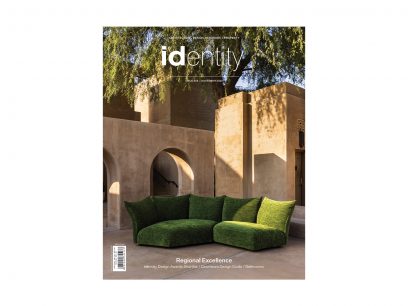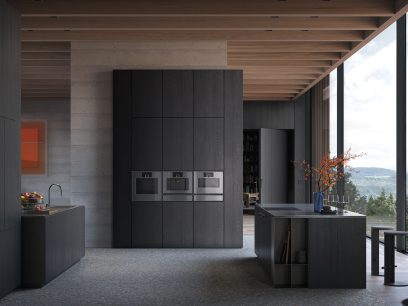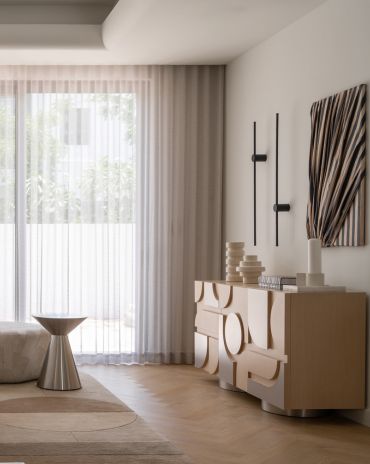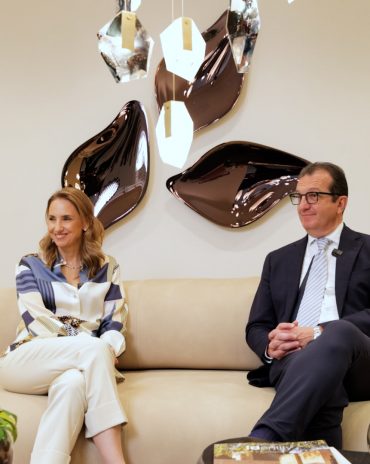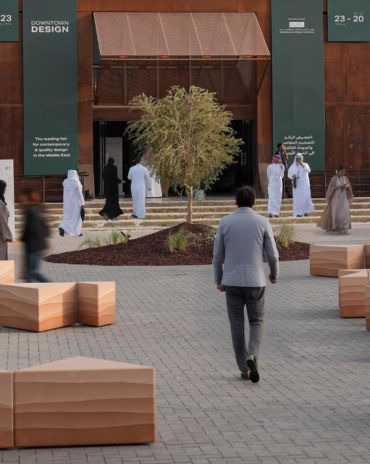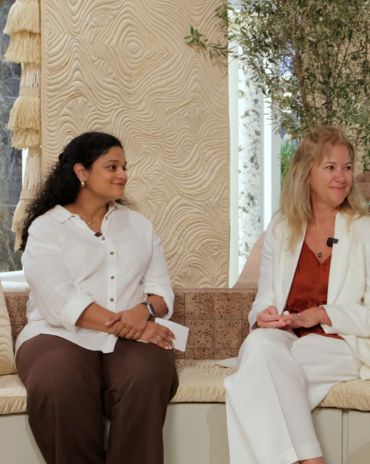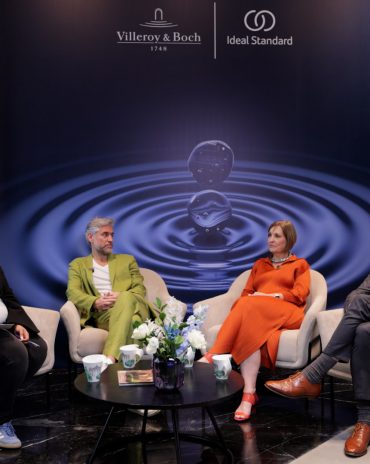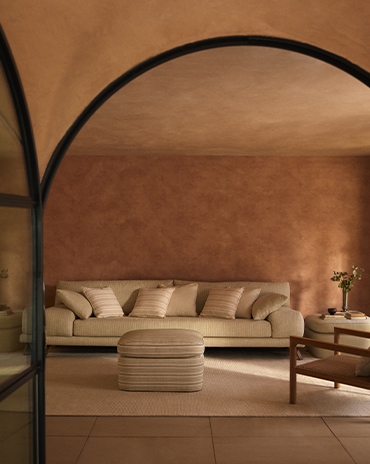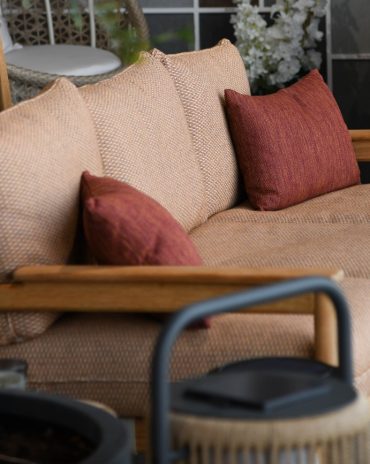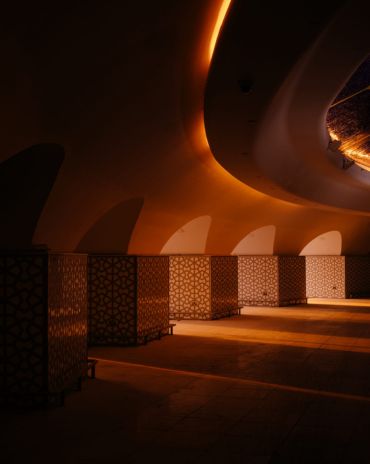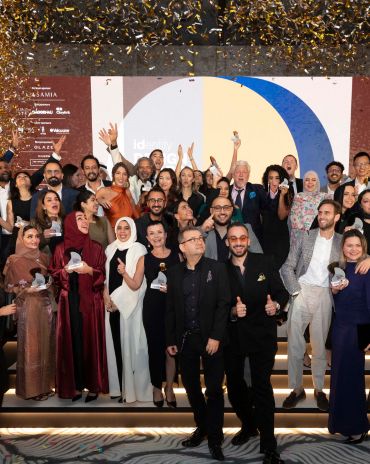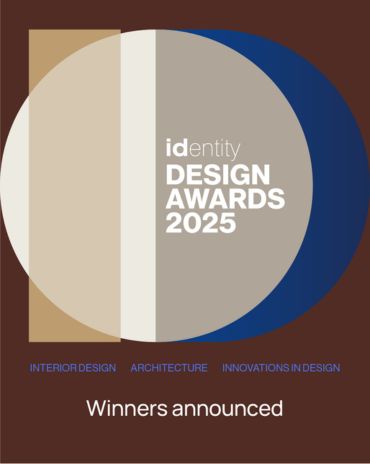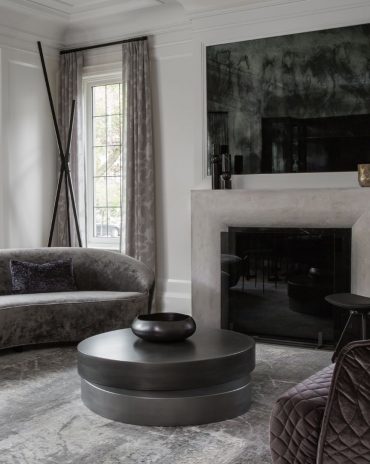Copyright © 2025 Motivate Media Group. All rights reserved.
Foundry is the latest addition to the UAE’S arts and culture scene
The new arts space aims to support local and regional creatives, artists and designers
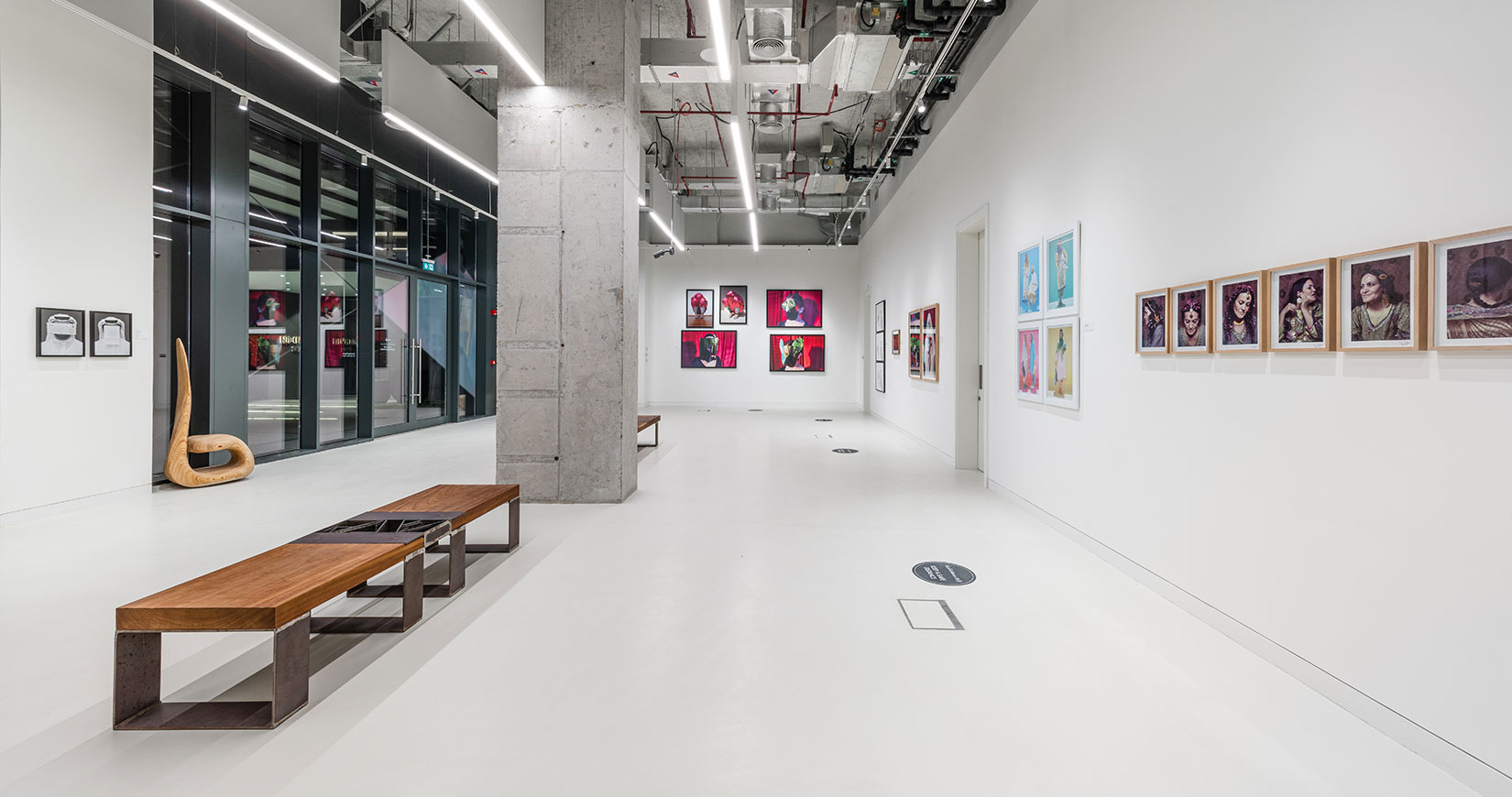
The cultural scene in the UAE continues to grow, and joining its roster of recently opened spaces for the creative community is Foundry, a hybrid space in Downtown Dubai that doubles as an art gallery and co-working space alongside a library and café. Plans for Foundry include holding contemporary art exhibitions and hosting cultural programmes for communities across the UAE and the wider region, as well as collaborating with established art institutions, curators and artists. Currently on show are: exhibitions by artists Jeffar Khaldi, Navid Azimi Sajadi and Goncalo Mabunda; a project by Ayesha Hadhir, Rawda Al Ketbi and Sheikha Al Ketbi; and a private photography collection of Emirati designer Khalid Shafar.
We speak to curator Giuseppe Moscatello to learn more.
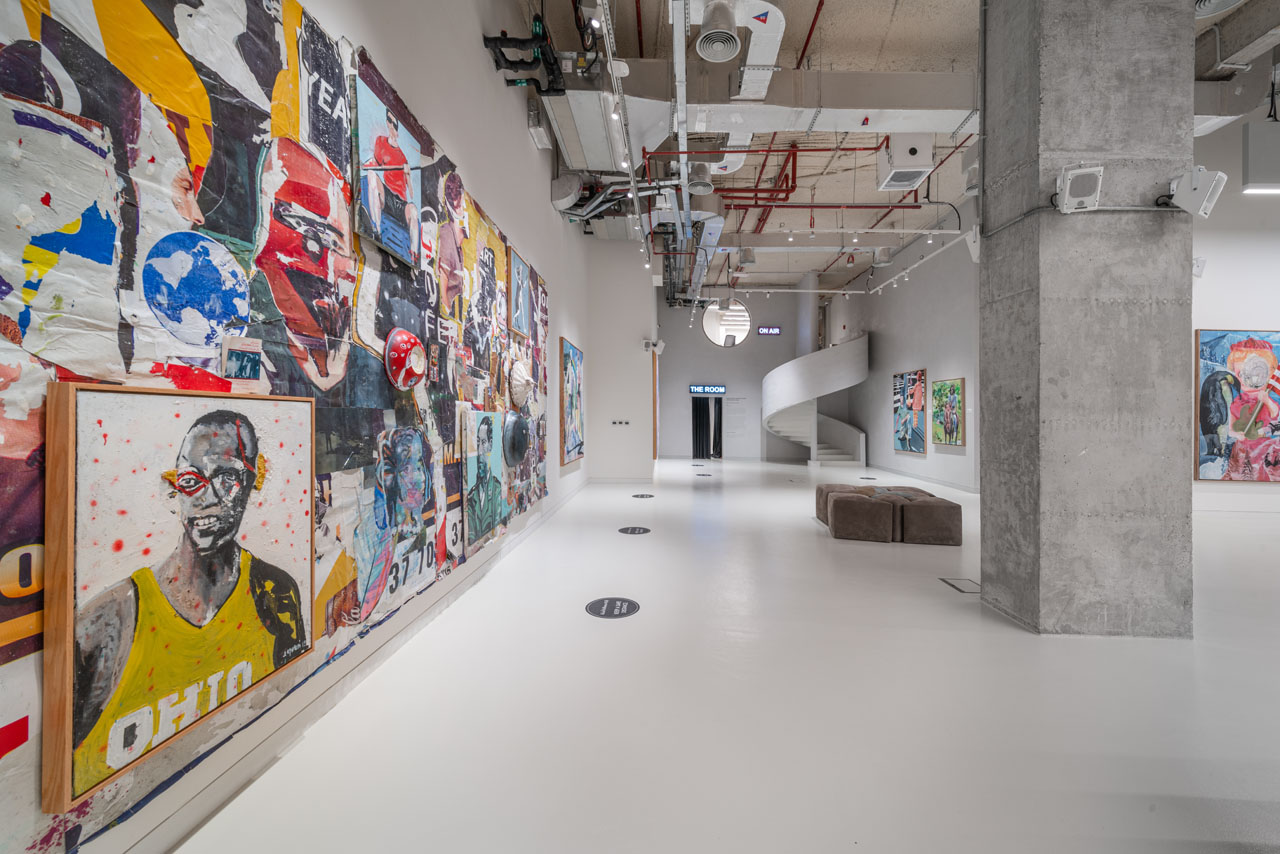
What is the aim of Foundry? How will it contribute to the city’s design and arts scene?
The aim of Foundry is to give everyone, be they artists or art enthusiasts, a creative space and sense of community. A place where people from all walks of life can come together to create and innovate, Foundry contributes to the city’s design and arts scene in more ways than one. Many talented artists will have the opportunity to showcase their work for the entire UAE, and world, to see.
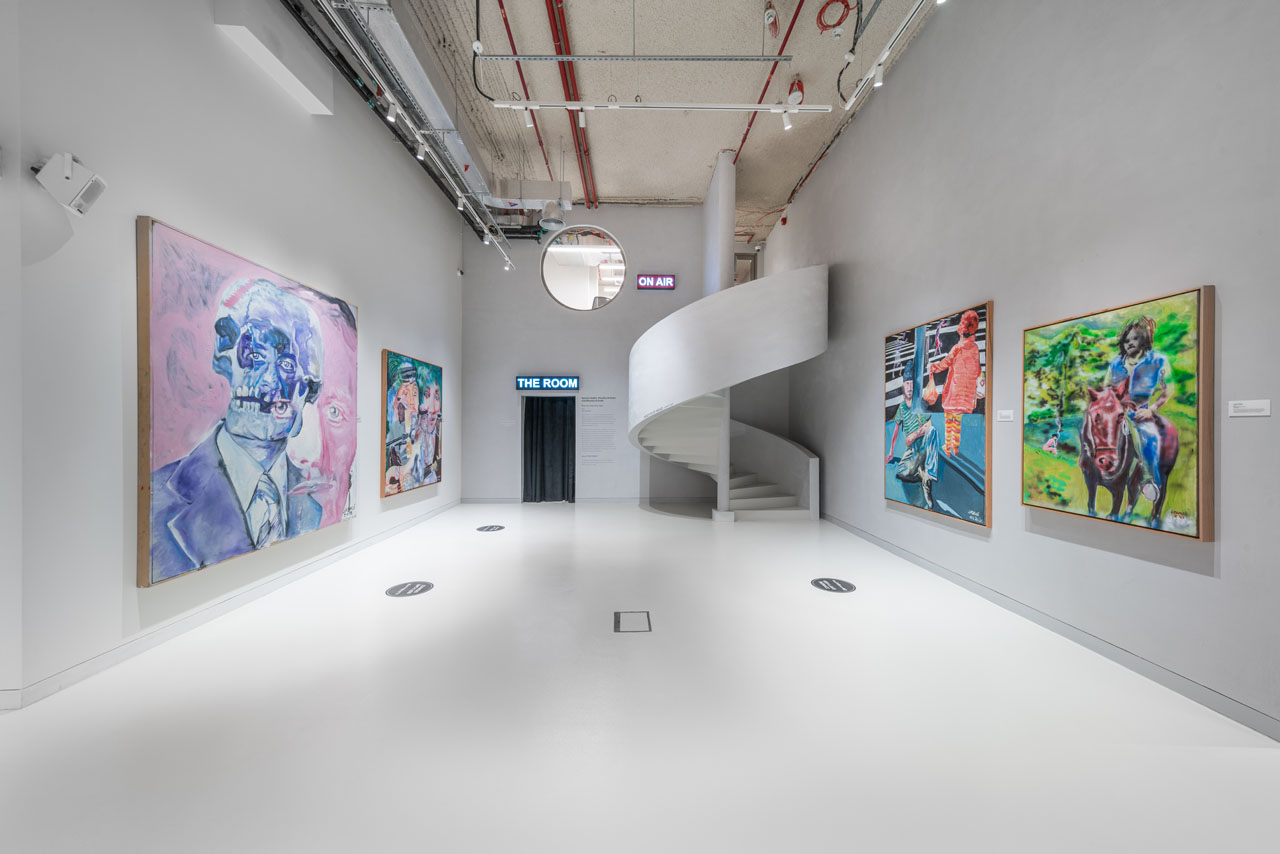
What is the significance of the three main exhibitions currently showing at Foundry?
All shows throughout Foundry are focused on reflecting the artist’s works and life experiences. Navid Azimi Sajadi’s ‘Allegorical States’ project comprises three mixed-media installations which are an indirect pictorial and allegorical narrative passage of the transiting of the mind, from one state to another. On the other hand, ‘Emotions Running High’ by Jeffar Khaldi is a solo exhibition that sees charged paintings which evolve from political satire and pop signifiers to fantastical, dreamy scenes that marry parallel worlds and landscapes. Khaldi’s body of work reads like a fever dream, indicating that the lives we live aren’t separate from those we imagine.
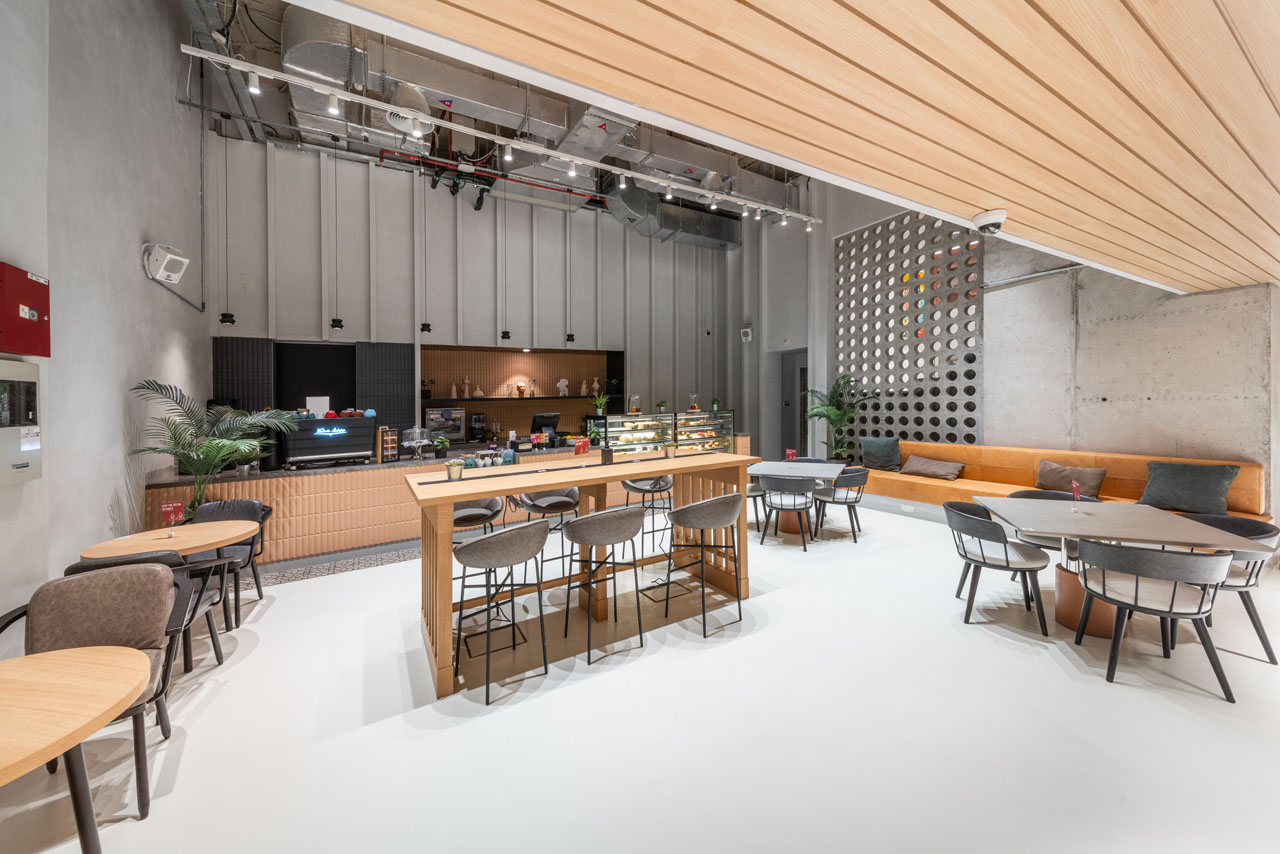
What are your plans in terms of curating the artworks and exhibitions?
At Foundry we aim to make art more accessible; [a place] that speaks to a wider audience, allowing different communities to converge at a hub that combines art, culture, entertainment and work. We enjoy collaborating with independent artists, discussing their work, and curating their projects in line with our vision.
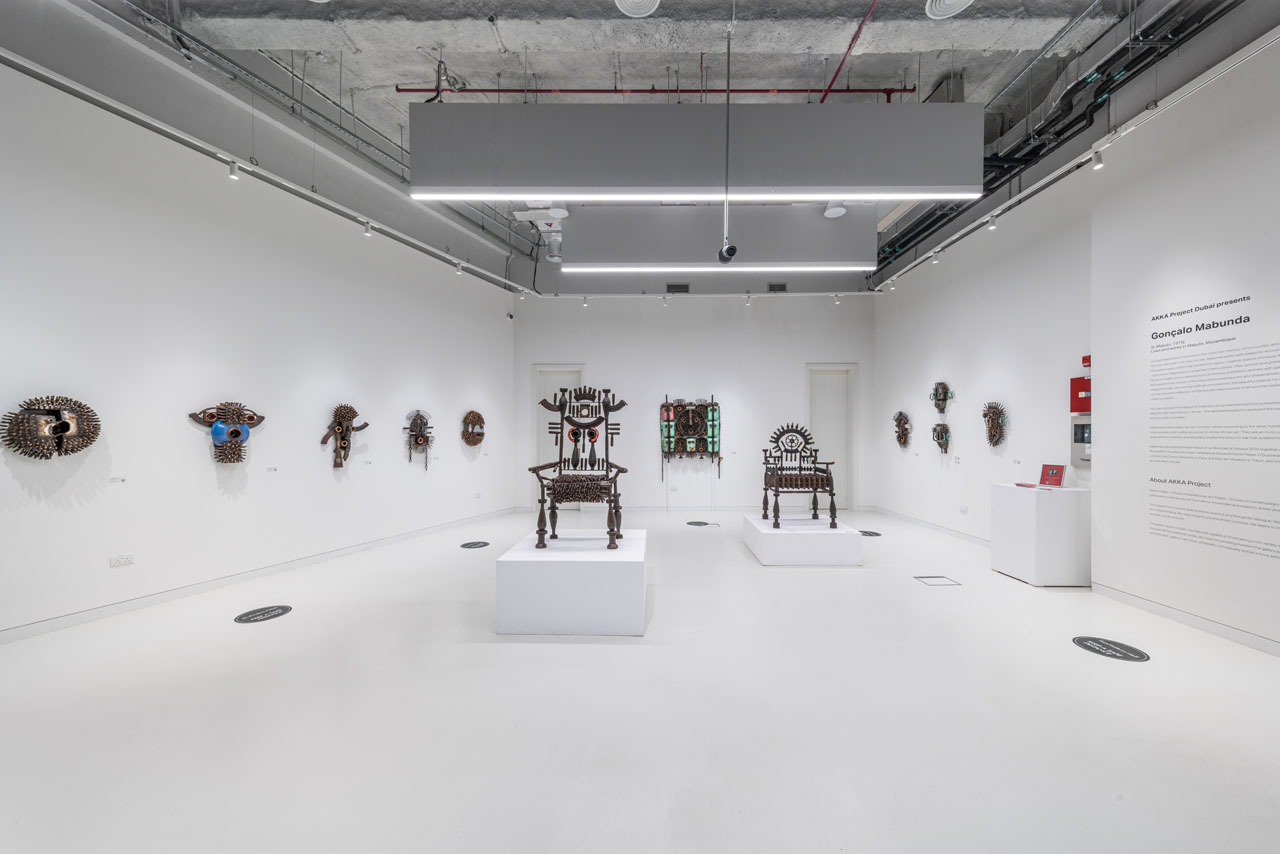
How are you planning on bringing together creatives from both the arts and design?
I believe that nowadays the line between art and design has become so thin, there are various schools of thought. We are experiencing an important time whereby hybrid projects are becoming a regular occurrence. Artists and designers are collaborating and working together like never before.
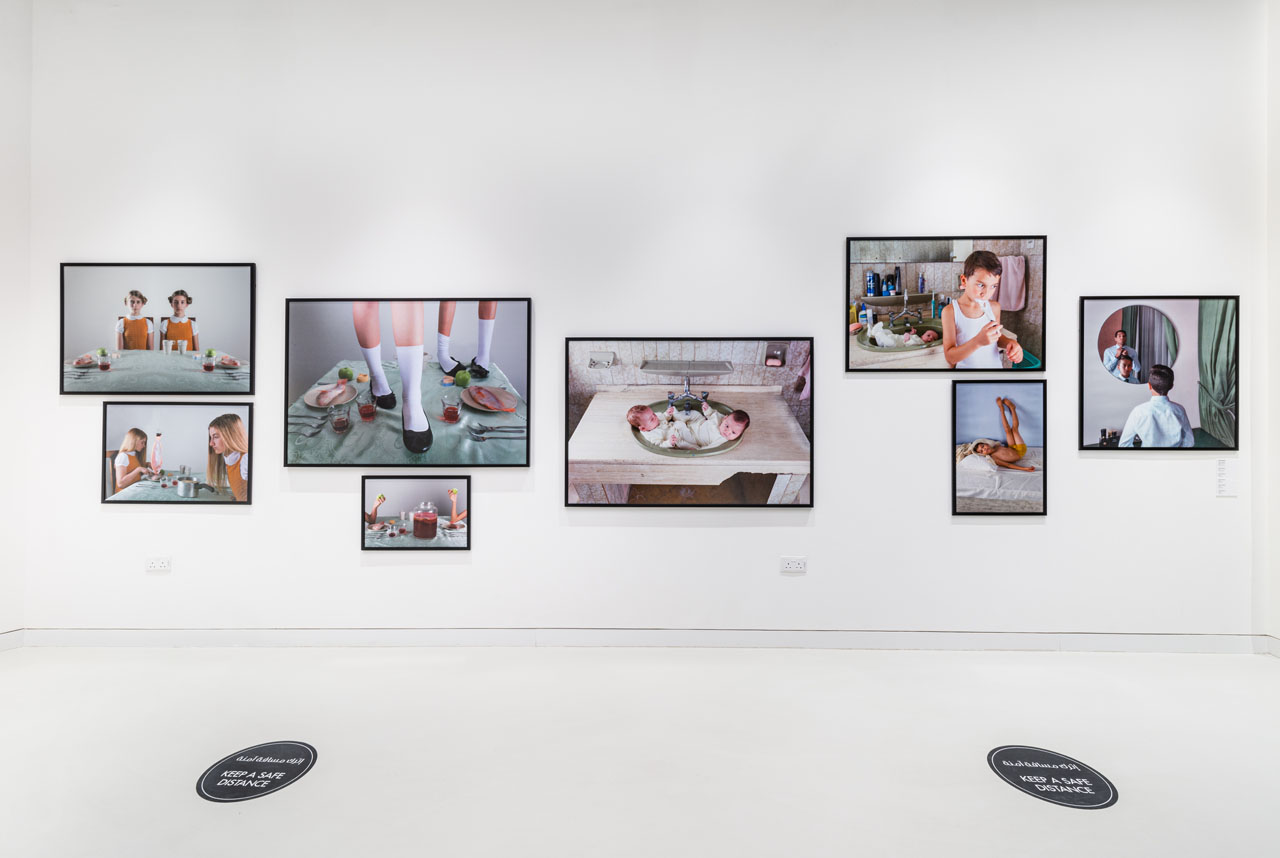
Can you tell us more about Khalid Shafar’s private collection? How did the idea come about, and are you planning on creating more such exhibitions?
The words ‘private collection’ might sound intimidating, but we have always believed that if you create or own beautiful art, you have the responsibility to share it with other people. We have always known Khalid as a designer, but never thought he would own a collection. When we first saw the collection, we immediately recognised his vision of supporting Khaleeji photographers. We proposed that he showcase this incredible collection to the public for the first time, at Foundry, to encourage other collectors to start buying more such art. This also allows the artists greater recognition and exposure.
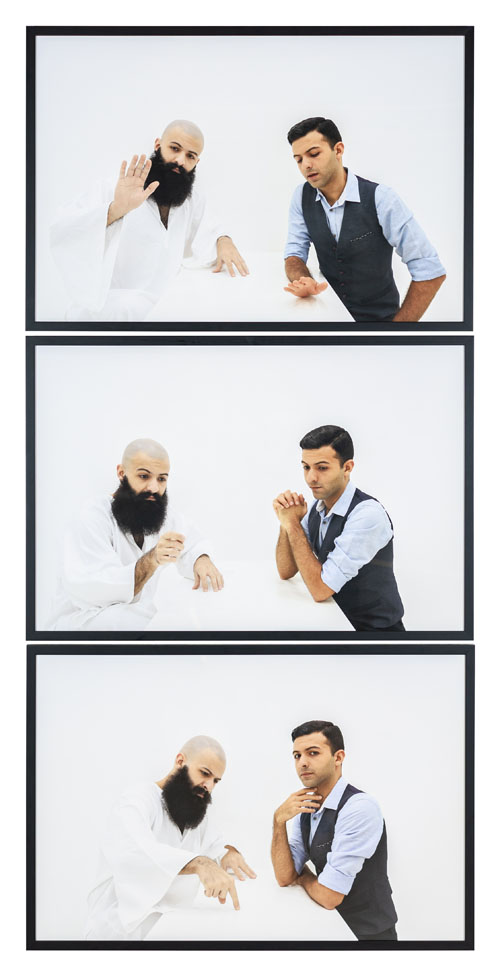
Tell us about the inspiration behind the design for Foundry and how it accommodates the diverse functions of the space.
Foundry led the design of the interiors, which were inspired by brutalist architectural forms. The focus was on the honest expression of materials while providing a clean backdrop to allow the art to take centre stage; [these were] the guiding principles for the team at Zebra Dubai.
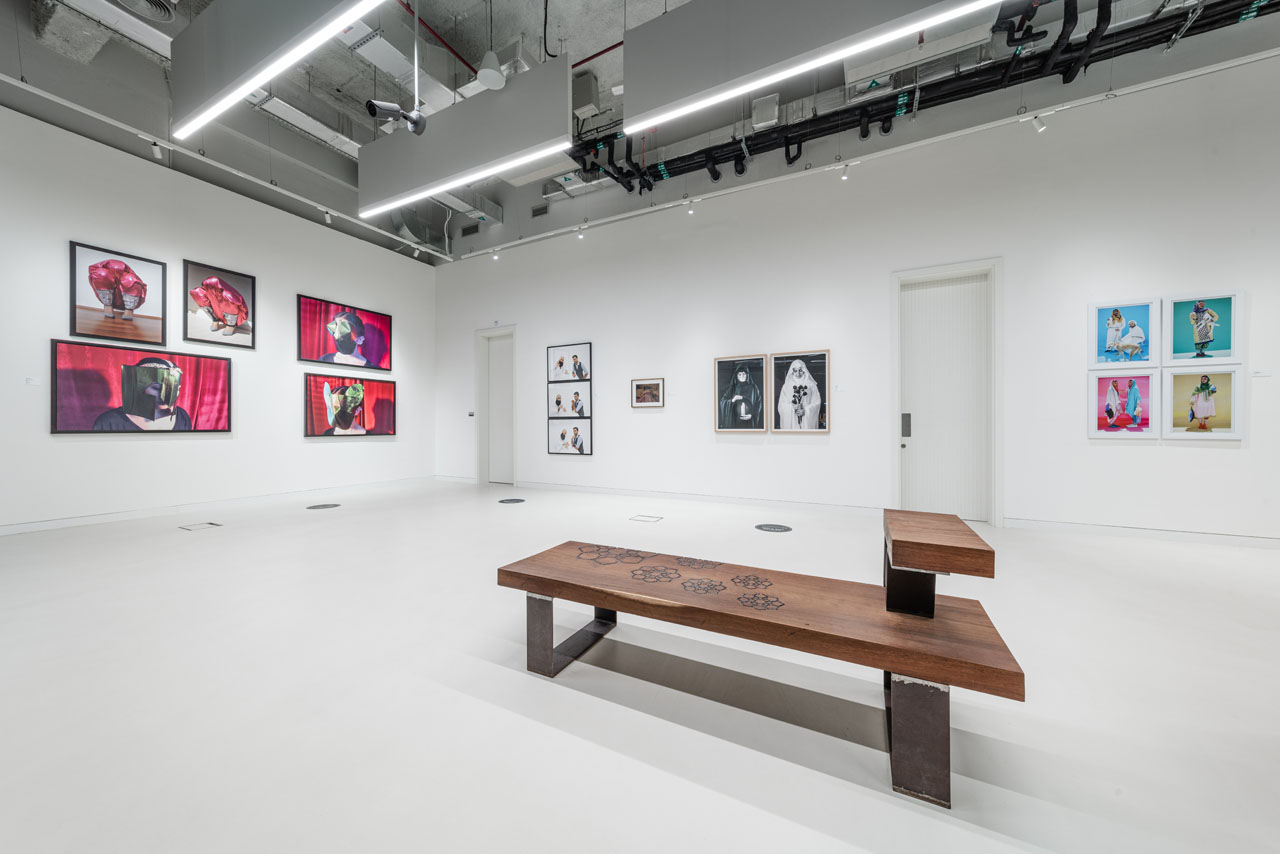
The ground and first floors are designed for dedicated co-working spaces that allow the community to come together, collaborate, form new friendships and spark ideas. It is here you will find custom leather-wrapped reading pods, designed exclusively for Foundry – the perfect space to curl up with a book or work away. Foundry has also collaborated with local artists to create bespoke furniture, which itself becomes a piece of art within the space, allowing emerging designers to gain further exposure.
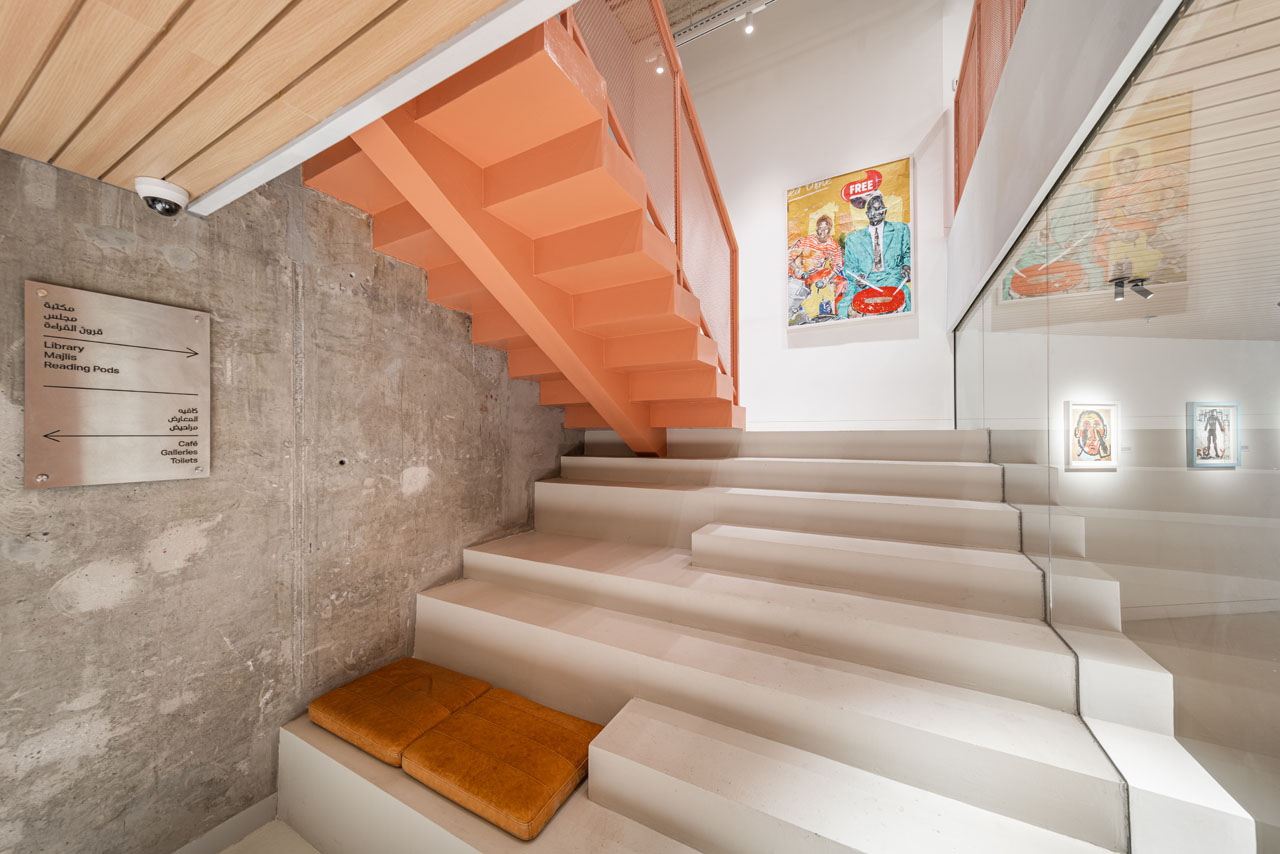
What are some of your future plans for Foundry?
We are preparing a series of exhibitions and activations for March with street artists such as Harif Guzman, Rex, Adil Aubekerov and many more. Foundry is also expanding with some outdoor installations, as well as enhancing some of its areas with community activations. We are also engaging with a lot of podcasters by bringing in their communities and initiatives to Foundry, and collaborating with regional and international artists and galleries.
The Latest
The Edge of Calm
This home in Dubai Hills Estate balances sculptural minimalism with everyday ease
In conversation with Karine Obegi and Mauro Nastri
We caught up with Karine Obegi, CEO of OBEGI Home and Mauro Nastri, Global Export Manager of Italian brand Porada, at their collaborative stand in Downtown Design.
An interview with Huda Lighting at Downtown Design
During Downtown Design, we interviewed the team at Huda Lighting in addition to designers Tom Dixon and Lee Broom.
Downtown Design Returns to Riyadh in 2026
The fair will run its second edition at JAX District
Design Dialogues with KOHLER
We discussed the concept of 'Sustainable Futures' with Inge Moore of Muza Lab and Rakan Jandali at KCA International.
Design Dialogues with Ideal Standard x Villeroy & Boch
During Dubai Design Week 2025, identity held a panel at the Ideal Standard x Villeroy & Boch showroom in City Walk, on shaping experiences for hospitality.
A Touch of Luxury
Here’s how you can bring both sophistication and style to every room
Outdoor Living, Redefined
Messara Living and Vincent Sheppard Unveil “Outdoor at Its Best 2026”
NOMAD Opens Its Doors in Abu Dhabi’s Iconic Terminal 1
A modernist landmark is reimagined as a global stage for collectible design, contemporary art, and cultural dialogue.
In photos: Winners at the identity Design Awards 2025
Presenting the winners of 2025 identity Design Awards.
Identity Design Awards 2025 – Winner’s List
Here are the winners of the identity design awards 2025
Hogg’s Hollow
Set along the bend of a quiet river and sheltered within a mature, tree-lined enclave of Toronto, this riverside residence offers a dialogue between structure and softness, restraint and warmth



